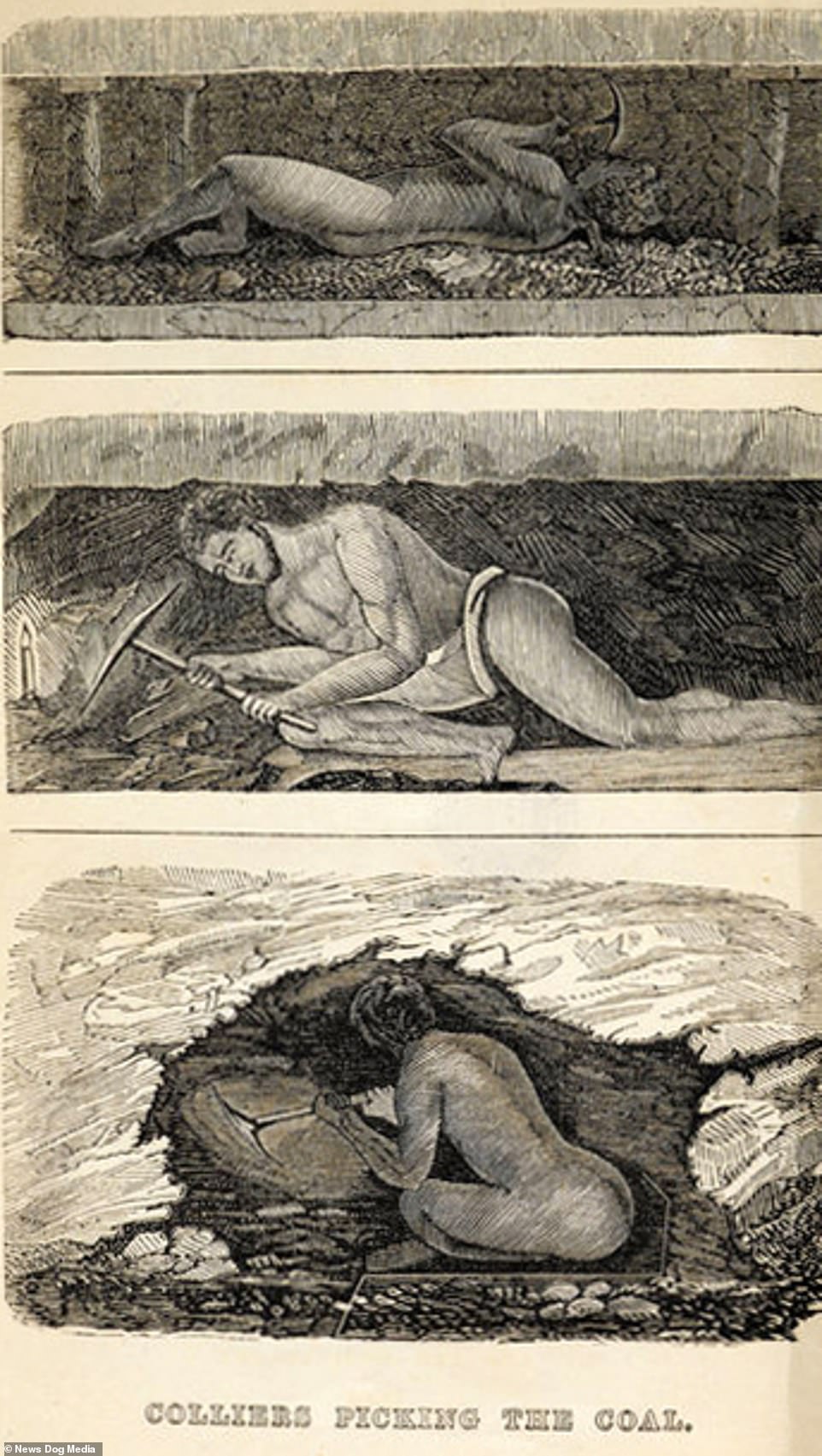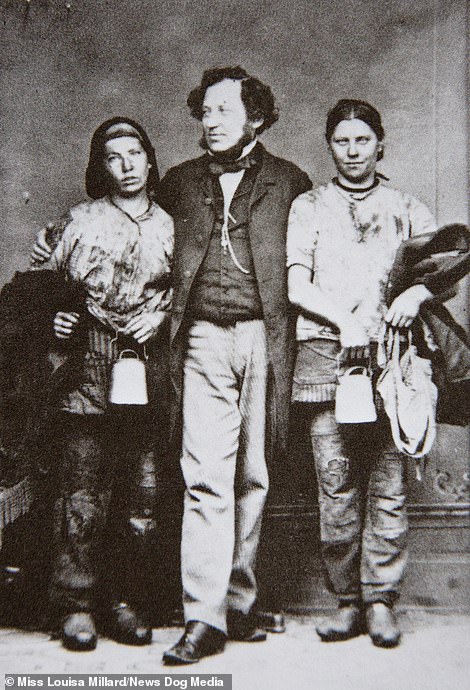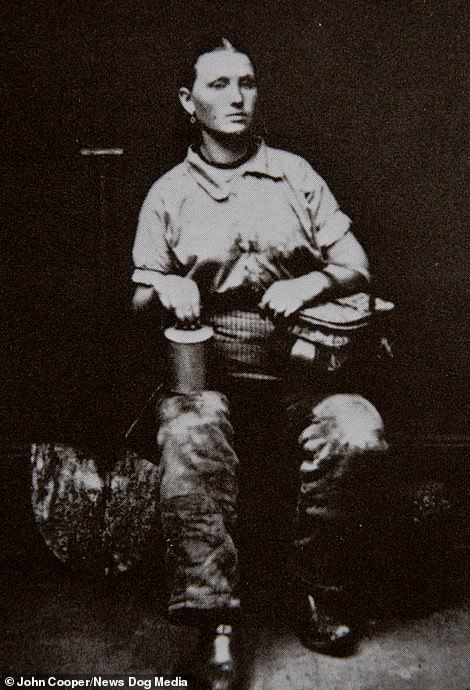Heroic Broo-Wenches Who Scandalized Victorian Britain

By Alexander Robertson
November 14, 2018 - Fascinating images have revealed the heroic actions of Britain's 'broo-wenches' who scandalized Victorian society by working in trousers and even naked while mining underground.
When a Victorian newspaper ran a front page picture of a Wigan colliery girl in her uniform, it sent shockwaves through Britain.

Sketches of half-naked women (including a man, second image) working underground alongside men resulted in calls for women to be kicked out of the searing hot coal pit, with Victorian Britain taking a dim view on women working in such close proximity with men while in a state of undress.
This had followed a report containing sketches of half-naked women working underground alongside men, a report that resulted in calls for women to be kicked out of the searing hot coal pits.
The 'unladylike' image disgusted many, but the Northern working-class women had their supporters too.
One such man was Arthur Munby, whose fascinating collection of images of the Pit Brow Women have recently been unearthed.
The striking pictures show the heroic women in their working gear. A uniform that consisted of a headscarf to shield their hair from dirt, a long ankle-length skirt and most shockingly of all, trousers underneath.
Munby, an enthusiastic supporter of working women in the 19th century Britain, would make frequent trips to Wigan and other industrial towns to document his heroines.
However, as photography was a new invention in the mid 19th-century, it wasn't straight forward.
He would have to convince the labouring women into a nearby photographer's studio where they would have to pose very still for up to several seconds whilst the exposure was made.

Mr. Wright, landlord of the Three Crowns and two Pit Brow Women in Wigan on some date in 1865.
This makes for interesting pictures that show rugged, weather-worn women posing in front of a back drop that was intended to be used for the middle-classes posing in their Sunday best.
The women, also known as broo-wenches, pose with giant spades and other working equipment such as lanterns, baskets and flasks.
In 1842, there had been outrage when it had been discovered that women around the country had been working underground in coal pits half-naked. This of course, being due to the extreme temperature in the pit.
They were eventually banned from underground work, but continued to work on the surface.
This led to a further inquisition in 1865, when the miners of Northumberland and Durham petitioned Parliament on a variety of matters including surface labour by women.
They asserted 'that the practice of employing females on or about the pit banks of mines and collieries is degrading to the sex, leads to gross immorality, and stands as a foul blot on the civilisation and humanity of the kingdom.'
The House of Commons set up a Select Committee to look into the matters raised and questions were asked about the morality of women employed on the pit banks.

Unknown pit brow woman in Wigan, circa 1867 to 1888.
The Committee had difficulty to stand up the charges of 'degradation' and 'immorality,' and great interest was shown in the 'peculiarity' of females wearing trousers.
Peter Dickinson, a male miner from Wigan, was questioned specifically on his colleagues' dress. He said: 'The entire person of the woman is covered and there nothing indecent in the dress.'
He then boldly undermined the Committee by adding: 'Though you spoke of the dress as being one of the leading features of the degrading character of the employment?'
In 1867 the Select Committee on Mines presented its final report. Concerning the employment of women at the pit's mouth, they concluded 'that the allegations of either indecency or immorality were not established by the evidence.'
Therefore, they concluded that no government legislation or interference was required, a great victory was struck for the working girls of collieries across the nation.

